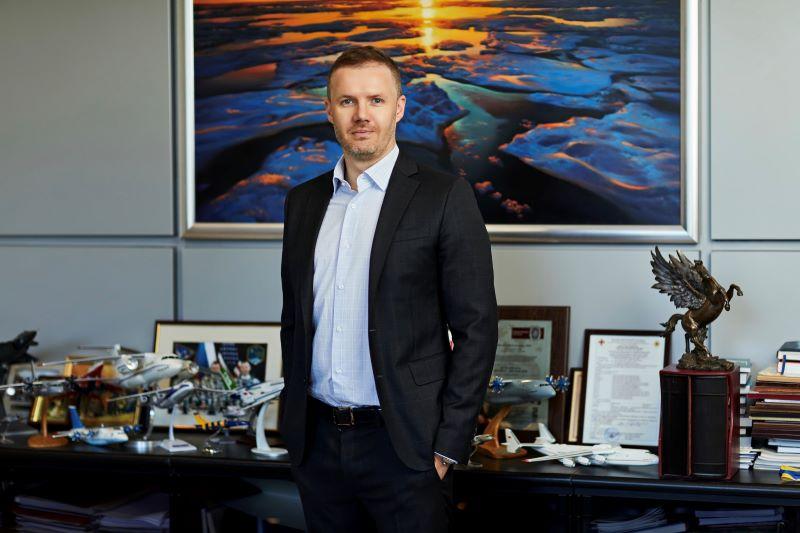Sounding Board: Five Minutes With Sirius Aviation Founder And CEO Alexey Popov

Sirius Aviation CEO Alexey Popov.
Credit: Sirius Aviation
There are people for whom aviation is a calling, and others who would argue it’s in their blood: and then there’s Alexey Popov. His father and brother are senior executives in what he refers to as “the family business”—FED, the Ukrainian aerospace components, systems and maintenance firm that can...
Subscription Required
This content requires a subscription to one of the Aviation Week Intelligence Network (AWIN) bundles.
Schedule a demo today to find out how you can access this content and similar content related to your area of the global aviation industry.
Already an AWIN subscriber? Login
Did you know? Aviation Week has won top honors multiple times in the Jesse H. Neal National Business Journalism Awards, the business-to-business media equivalent of the Pulitzer Prizes.





